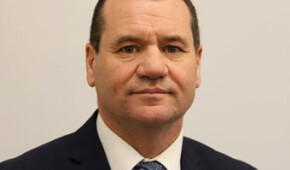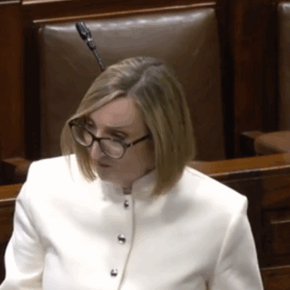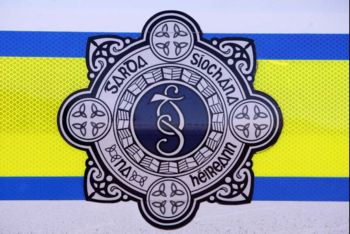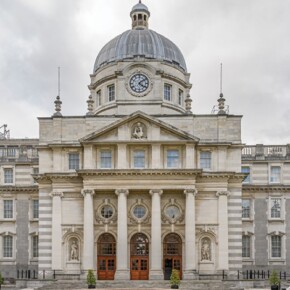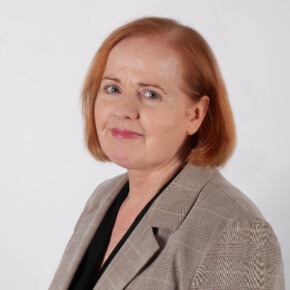Dublin South Central to stay the course
Mike Finnerty 27 Nov 2024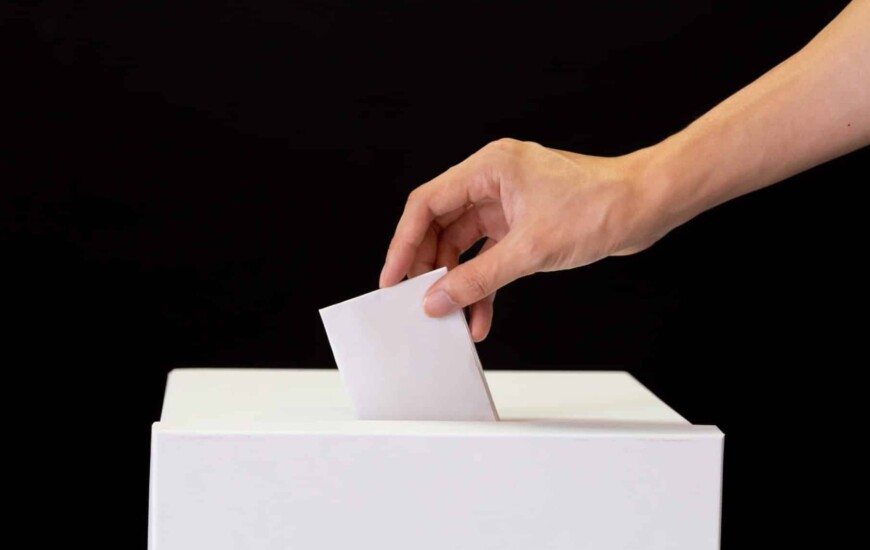
“Abandon all hope, ye who enter here” wrote Dante in 13th-century poem Divine Comedy.
In Dante’s epic poem, the protagonist travels through the different levels of hell, purgatory and eventually, heaven.
Candidates in Dublin South Central will experience a similar journey on November 29.
Dublin South Central has garnered the nickname of “The People’s Republic Of Dublin South-Central” due to its habit of rarely electing TDs from Fianna Fáil or Fine Gael.
In 2020, the constituency returned candidates from Sinn Féin, People Before Profit, Right2Change and the Green Party.
2020 is shaping up to be a similar race with slim chances of the government parties winning a seat here.
In 2020, the headline story was Sinn Féin TD Aengus Ó Snodaigh being elected with nearly double the quota needed.
Indeed, analysis after the fact showed that had Sinn Féin brought in a running mate for Ó Snodaigh, Sinn Féin would have picked up an extra seat.
To that end, Sinn Féin are running three candidates this time in a bid to triple their money.
Ó Snodaigh is joined by Senator Maire Devine and veteran councillor Daithí Doolan.
Doolan and Devine are Sinn Féin’s only two elected reps in the constituency following June’s local elections despite the party running seven candidates.
The second week of the campaign has shown a slight improvement in Sinn Féin’s fortunes compared to their nightmare October but the long and short of it is the party should have run two candidates in 2020, didn’t, did better than expected, and are overcompensating for it now.
The big change in the constituency compared to 2020 is Bríd Smith not running for re-election; People Before Profit are running councillor Hazel De Nortúin in her place.
Smith’s decision not to seek re-election was announced in July 2023, giving De Nortúin a crucial year to become the face of the band in Dublin South Central.
De Nortúin placed third in Ballyfermot-Drimnagh back in June with 10.6% of the vote, a slight dip from her 2nd place finish and 12.7% haul from 2019.
Transfers were People Before Profit’s undoing in South-West Inner City in June, while the party never really established a foothold in Kimmage-Rathmines.
However, transfers are likely to be their saving grace.
Ó Snodaigh is likely to be either the first or second candidate elected on the day and just like 2020, his transfers will shake the entire race.
Smith was elected on the 2nd count in 2020 despite receiving 30 fewer votes than Fianna Fáil’s Catherine Ardagh in first preferences; People Before Profit will be hoping for a similar wave in 2024.
Joan Collins managed to win a Dáil seat with 6.5% of the seat in 2020 after receiving bountiful transfers and is back in the running.
Her nationally televised appearance at the leaders debate has given her valuable airtime, something that a party such as hers (one TD and one councillor) sorely needed.
Transfers helped her out in 2020 and may well get her back in the Dáil again.
Dublin South-Central used to be one of Labour’s strongholds; with 35.4% of the vote in 2011 resulting in 2 TDS.
In the 2020 general election, future Labour Senator Rebecca Moynihan received 4.8% of first preferences.
In the event that Patrick Costello’s share of the vote drops, the fight for the final seat could come down to Labour councillor Darragh Moriarty and Social Democrats councillor Jen Cummins.
Moriarty finished 2nd behind Green poll-topper Michael Pidgeon in South-West Inner City (which is the Greens trump card in this race; they are still popular locally), while Cummins won a seat after falling short in 2019.
Both Moriarty and Cummins increased their share of the vote compared to 2019 (Moriarty built on Moynihan’s 11.4% in 2019 to bring home 12.2% in June, while Cummins increased her vote from 7.8% to 10.9%)
In this election race, both Labour and the Social Democrats are trying to hoover up the voters who turned out for the Greens in 2019 and 2020 and Dublin South Central could be a prime example of this movement in action.
Green TD Patrick Costello has gone against the grain on numerous occasions as a TD; he lost the party whip for a time in 2022 after voting against the government on the national maternity hospital issue and has spoken out against the Fine Gael plan to bring in facial recognition technology for gardaí on civil liberties grounds.
Costello is what you could call a “watermelon” – red on the inside, green on the outside.
That profile was a major part of his victory in 2020 in such a left-leaning area and one that could help him keep his seat.
The Greens performed well on the Southside in June; they topped the poll in South-West Inner City and Kimmage-Rathmines (Michael Pidgeon and Carolyn Moore) and held onto the seat in Ballyfermot-Drimnagh (Ray Cunningham).
That may be where the joy ends for the government parties as the languid start to the campaign will have done no favours to Fianna Fáil’s Catherine Ardagh and Fine Gael’s Mary Seery Kearney.
Ardagh is Fianna Fáil royalty, being the daughter of former local TD Sean, TD between 1997 and 2011.
Ardagh ran for Fianna Fáil here in 2020 and actually finished third; but just like Fine Gael’s Catherine Byrne, neither were able to get elected despite receiving over 11% of first preferences.
Dublin South Central is a prime example of Ireland’s electoral system in action; yes, it’s good to have a solid share of first preferences but transfers are crucial to get over the line.
Smith, Costello and Collins all won seats despite having fewer first preferences than Ardagh and Byrne in 2020 and all of them owe their seats to transfers.
It is hard to see where Ardagh and Seery Kearney get their transfers from in this election race; June revealed some support from the Greens and Labour but Costello and Moriarty would need to be placing above Ardagh and Seery Kearney for that to really benefit them.
Of course, the wildcard in the race is former Independent Ireland candidate Phil Sutcliffe Sr, now running as an independent.
Independent Ireland was only formed last November, obstinately as a farmer protest party yet they won a seat in Ballyfermot-Drimnagh in June.
Not that it mattered; Sutcliffe Sr’s vote was purely a personal one and one gets the impression no one cared about the party he was running for.
Since this article was published in print, Sutcliffe Sr has since left Independent Ireland but will appear on the ballot for the party, and should he be elected, would sit as an independent.
Him leaving the party should make no odds to his decent chances as his vote is purely personal; the question is how will running mate Rebecca Hendrick affect his transfers?
Nothing about this general election is straightforward and the Sutcliffe psychodrama is living proof of that.


